Eid al-Fitr, the joyous festival marking the end of Ramadan, is being celebrated across the United Kingdom with great enthusiasm and spiritual devotion. Muslims of diverse backgrounds, including British Bangladeshi, Pakistani, and Indian communities, are coming together to observe this sacred occasion with prayers, feasts, and cultural festivities.
Eid al-Fitr Celebrations in the UK
As the crescent moon signals the end of Ramadan, mosques and Islamic centers across the UK, including in London, Birmingham, Manchester, and Bradford, are witnessing large congregations for the special Eid prayer (Salat al-Eid). The day begins with early morning prayers, followed by heartfelt sermons emphasizing gratitude, charity (Zakat al-Fitr), and unity.
British Bangladeshi, Pakistani, and Indian Muslims Uniting for Eid
Eid in the UK is a vibrant affair, with British Bangladeshi, Pakistani, and Indian Muslims playing a significant role in community celebrations. Families dress in traditional attire—Bangladeshi panjabis and sarees, Pakistani shalwar kameez, and Indian kurta pajamas—bringing color and diversity to the streets. After prayers, families gather for lavish feasts featuring traditional dishes such as biryani, kebabs, samosas, and sweet treats like sheer khurma and gulab jamun.
Thornton Heath Islamic Centre prepared to accommodate worshippers for Eid prayers. Photo: Daily Dazzling Dawn
Eid Festivities Across Cities
London: Hyde Park and Trafalgar Square become central spots for communal celebrations, where people exchange greetings of "Eid Mubarak" and participate in cultural events.
Birmingham: With one of the largest Muslim populations in the UK, the city hosts grand Eid prayers at Small Heath Park, attended by thousands.
Manchester & Bradford: Home to significant South Asian communities, these cities see bustling markets, food stalls, and family-friendly events celebrating Eid.
Eid Food: A Culinary Delight
Eid celebrations are incomplete without a grand feast, bringing families and friends together to enjoy a variety of mouth-watering dishes. British Bangladeshi, Pakistani, and Indian families prepare elaborate meals that reflect their rich cultural heritage.
Biryani: A staple Eid dish, made with fragrant basmati rice, marinated meat (chicken, lamb, or beef), and aromatic spices.
Sheer Khurma: A delicious dessert made from vermicelli, milk, dates, and nuts, traditionally served for breakfast.
Samosas & Pakoras: Crispy, savory snacks filled with spiced meat or vegetables, enjoyed as starters or with tea.
Kebabs & Grilled Meats: Various types of kebabs, including seekh kebabs and shami kebabs, are grilled to perfection.
Rasmalai & Gulab Jamun: Popular South Asian desserts that add a sweet touch to the celebrations.
Pithas & Mishti: Among British Bangladeshi households, traditional sweets like pithas and mishti (sweets) hold a special place on the Eid menu.
Eid meals are a time for bonding, where elders pass down family recipes, and homes are filled with the rich aroma of spices and sweets.
The Role of Charity and Community Spirit
Eid is not only about feasting and celebrations but also about giving back. British Muslims actively engage in charity, distributing Zakat and Sadaqah to the less fortunate. Many organizations and mosques arrange food drives and community meals to ensure that everyone, regardless of background, can share in the blessings of Eid.
Eid al-Fitr in the UK is a time of unity, spirituality, and festivity, bringing together Muslims from diverse ethnic backgrounds. The shared experience of fasting, prayer, and celebration fosters a sense of belonging and community. As families gather, mosques echo with prayers, and streets fill with joyous laughter, Eid truly represents the essence of togetherness and gratitude.
The streets of London are alive with the spirit of Eid! Wishing everyone a joyous and blessed day filled with family, friends, and faith.
_3.jpg)
_2.jpg)
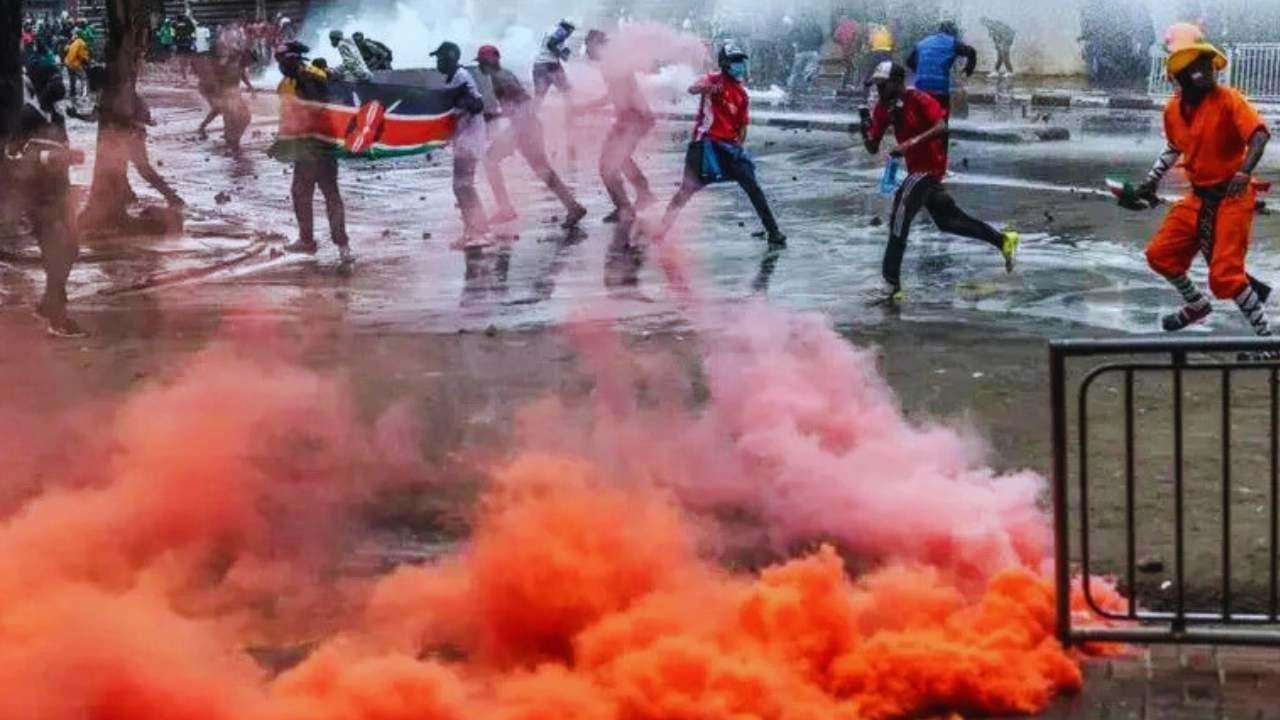
_3.jpg)
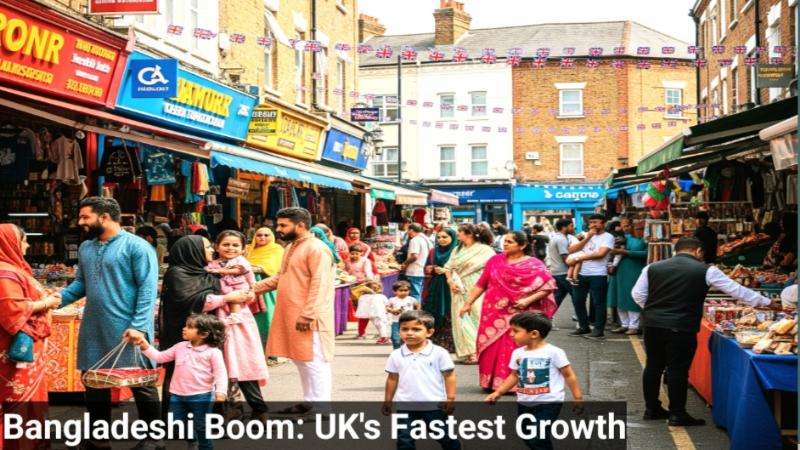

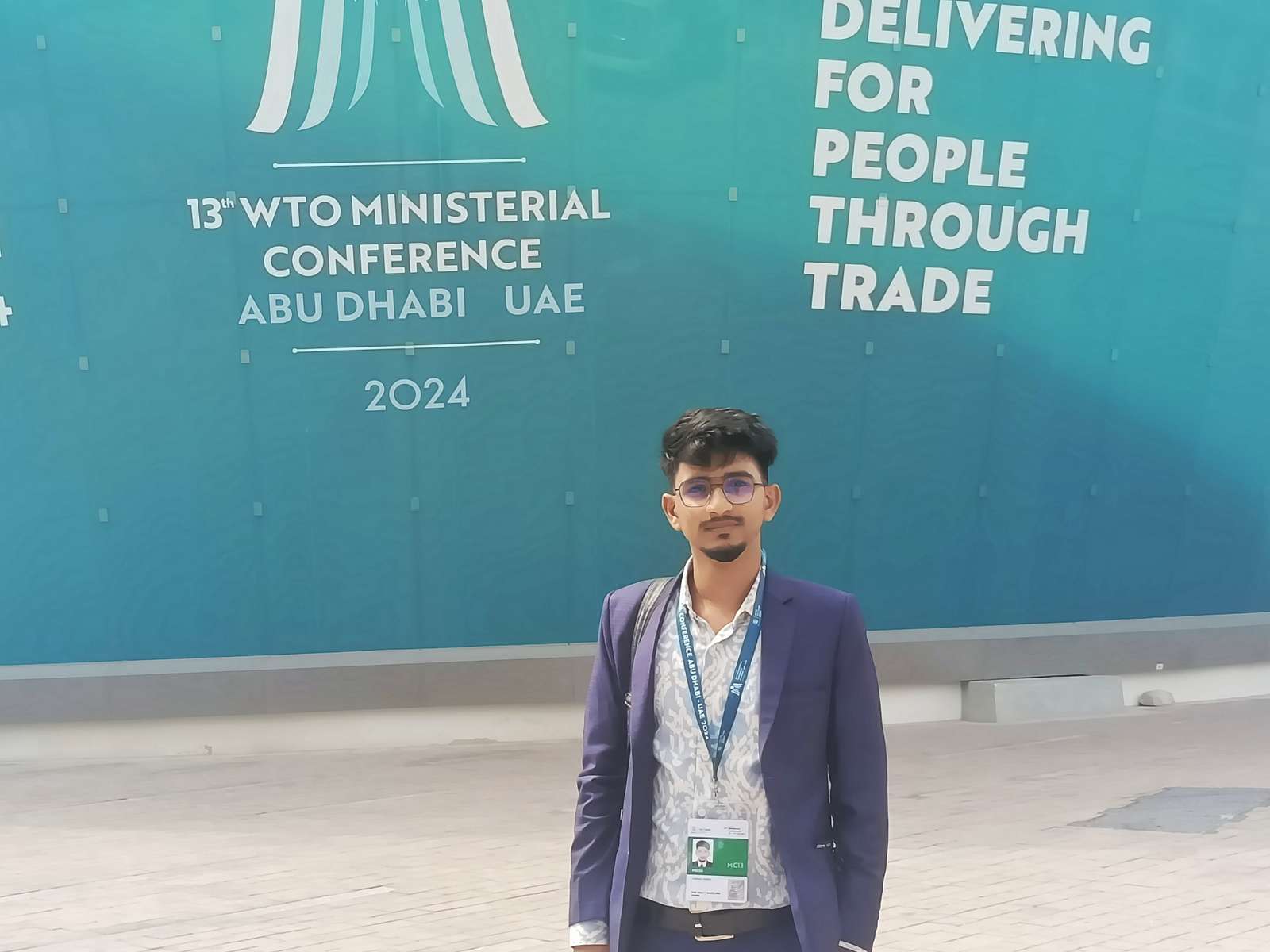
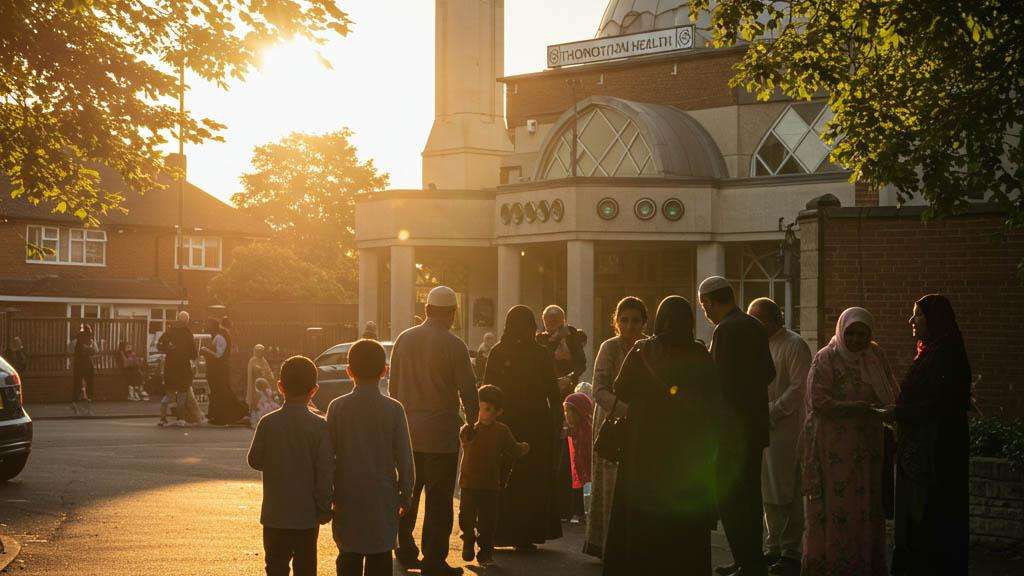
.svg)

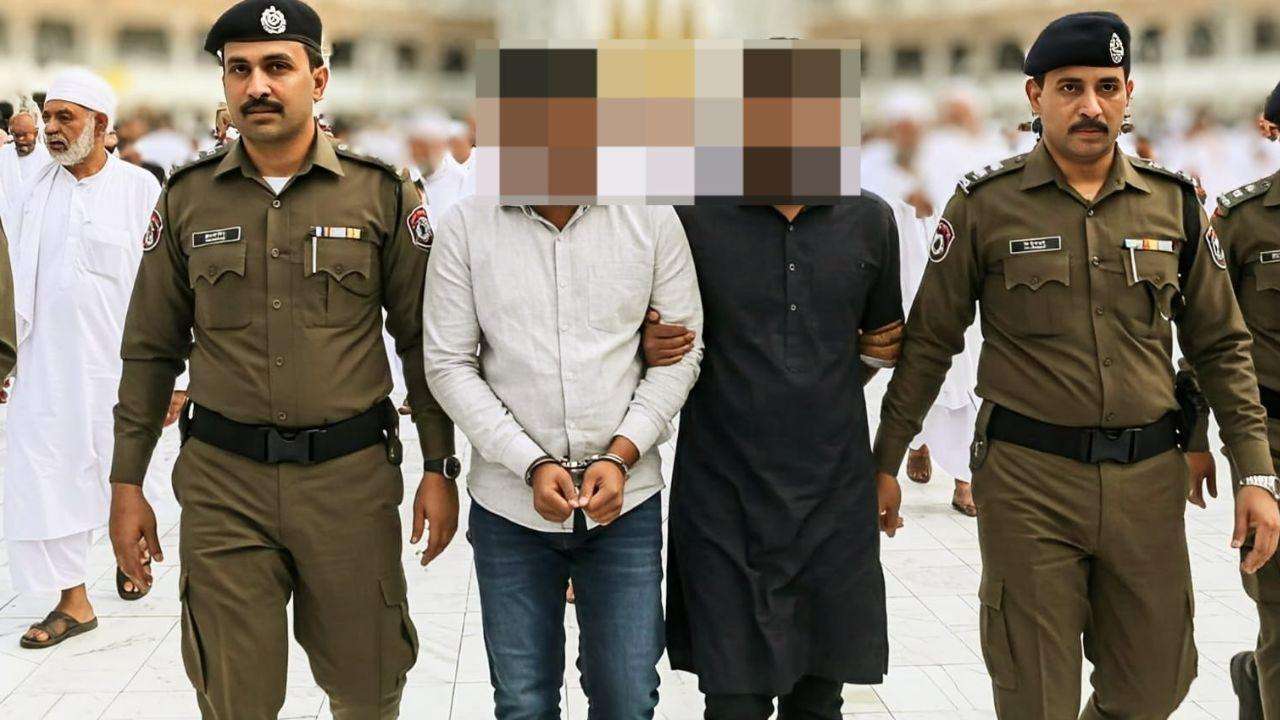
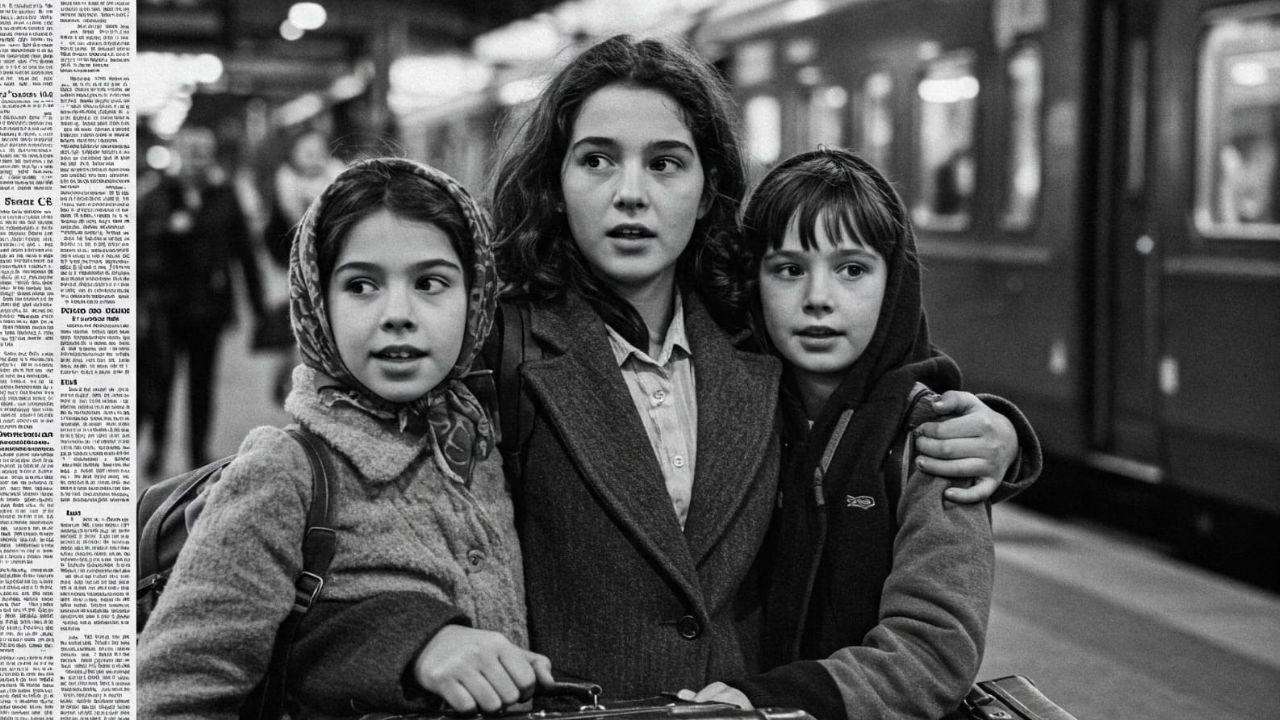
_2.jpg)